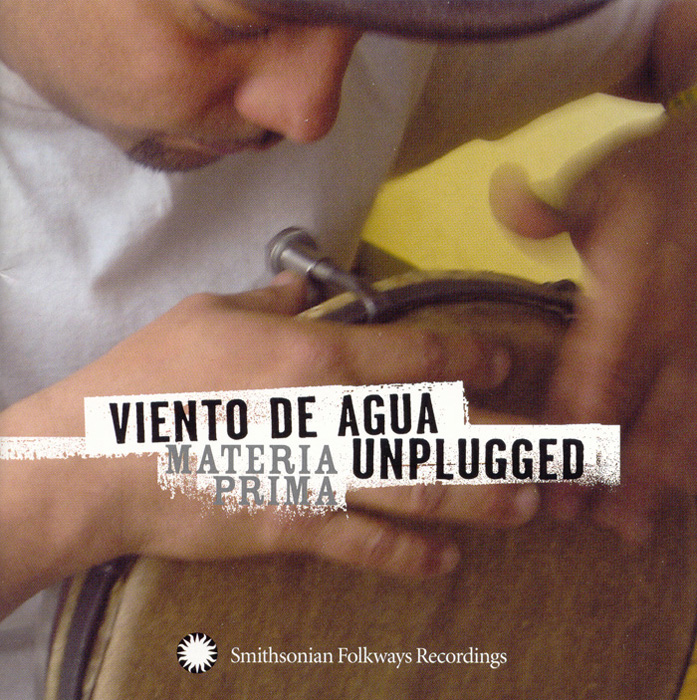Tito Matos
Héctor "Tito" Matos was born in 1968 in Villa Palmera, a poor neighborhood of Santurce, Puerto Rico. From an early age he was exposed to plena, a stylistic genre that, along with bomba, is the heart and soul of Afro-Puerto Rican music and expresses the social experience of Puerto Rico's African-descended population. After his grandfather gave him a pandereta for Three Kings Day, he quickly gained recognition for his outstanding and innovative improvisations. By listening and watching the numerous musicians that performed plena in Villa Palerma, he expanded this initial knowledge and built a local reputation for himself. During Christmastime each year, he showcased these skills by performing parrandas (Christmas serenades) for money in middle or upper-middle class neighborhoods.
His professional artistic career began in the 1980s, when he began to play with various plena groups, most notably Los Pleneros del Pueblo and Los Sapos del Cano. Later he joined the legendary group Los Pleneros de la 23 Abajo and participated in presentations and recordings with other noted musicians in Puerto Rico. In 1994, he immigrated to New York to finish his university studies, and joined Los Pleneros de la 21, a plena y bomba group originally formed in the south Bronx in 1983, for recordings and musical tours. Since 1997, he has directed his own group, Viento de Agua, as well as serving as its lead vocalist, percussionist, and arranger. The group is a conglomeration of several members of Los Pleneros de la 21, as well as other seasoned musicians schooled in salsa and jazz.
In addition to performing tirelessly with Viento de Agua, Los Pleneros de la 21, and other New York bomba y plena groups, he has been an invited guest on recordings (three of them Grammy-nominated) by William Cepeda, Ralph Irizarry, Eddie Palmieri, David Sánchez, and Miguel Zenón. Tito has appeared in TV specials for Gloria Estefan and Ricky Martin and has performed in concert specials and festivals in Cuba, Venezuela, Spain, France, Italy, Australia, Canada, and Mexico. In December 2003, after receiving his degree in architecture, he returned with his family to Puerto Rico, where he continues to perform bomba y plena in a variety of mediums.
Today Tito Matos is considered one of the best requinto players of his generation. According to Richard Martinez García, a singer in Viento de Agua, "Tito is one of the best requinteros (requinto players) in Puerto Rico, and one of the top five plena singers I prefer." Joksan Ramos, a punteador that also plays with Viento de Agua, echoes similar sentiments: "he has revolutionized what it means to play the requinto in plena music. The conversation between two requintos is one of his contributions. When he plays the requinto, he becomes a one-man orchestra." With the ability to foster musical innovation and serve as a role model for younger musicians, "he is a very important person in the plena [genre] and will continue to be, because he's still young and still has a lot more to do."
In 2004, Smithsonian Folkways Recordings proudly produced Viento de Agua Unplugged: Materia Prima, a percussive version of the whole group that highlights call-and-response vocals and dynamic polyrhythmic improvisations on panderetas and other traditional percussive instruments. It is, in short, Afro-Puerto Rican bomba and plena stripped-down and straight-ahead, a faithful record of popular music practice as an expression of lived social experience. This recording, along with Los Pleneros de la 21's 2005 Grammy nominated release, Para Todos Ustedes, a lively manifestation of contemporary Puerto Rican music enjoyed by Puerto Ricans in New York, is an integral part of the Smithsonian Folkways Latino Music Project to document and make accessible grassroots musical expressions of the living cultural heritage of Latino communities in the United States.


